I have been a consultant with the UGA Small Business Development Center for almost 5 years, and I can’t tell you how many times I have heard this statement, or some variation of it.
Unfortunately, a lot of these people do not have a good understanding of how to set up a business financially so that it has a good chance to succeed. They are operating under the misconception that they can somehow borrow all the money they need to start their business and everything will be fine. However, it almost never works out that way.
In financial terms, we say that a business needs to be “properly capitalized.” This means it has the right balance between debt and equity.
- Debt, or a loan, typically has a loan payment that has to be made each month – like your mortgage. Whether business is good or soft.
- Equity is the money that the business owner already has and invests in the business to get it started. He had this money before the business started up. It does not have to be repaid. It is the business’s financial cushion.
Too little equity (combined with too much debt) is the single biggest cause of failure for new businesses. The business owner is really starting with BOTH hands ties behind his/her back.
We have all heard the stories about the guys who started out in their parents’ garage and then became Apple Computer. What you never hear about are the 99 who failed because they didn’t have enough money to get their businesses started up properly. A lot of these 99 failures had too much debt, could not pay their bills because of this, and were forced to shut down because they ran out of cash.
Because of this, one of the first questions I asked new clients is “how much money do you have to invest in the business?” If they do not have enough to get things off the ground properly, then that becomes a top priority to address.
We sometimes have people come to us after they have maxed out their credit cards to keep their businesses alive, are behind to their vendors, have blown through their savings, and then want some more financing (aka, a loan) to keep the business alive. Most of the time, there is very little we can do to help them. More debt is usually not the answer.
Every business has its ups and downs. Your business will have slow months. Right now, we are talking in early January. If you own a restaurant in Rome, the next two months (January and February) will probably be your two slowest months of the year.
- Do you have enough money in the bank, right now, to make sure you get through this slow period? If so, good. This is your financial cushion.
- If not, what are you going to do? How will you pay your bills? You have to cover the loan payment, along with regular operating expenses like rent and payroll.
- Will you cut back on marketing? Arguably, you may want to increase spending on marketing to get more business.
- Cut back employees’ hours? Or lay off someone? That could hurt service to customers.
This is an example of how too much debt and too little equity (financial cushion) can hurt a business.
If you would like additional information or assistance, please feel free to reach me at the Rome, GA office of the UGA Small Business Development Center:
Telephone: (706) 622-2006
Email: [email protected]


